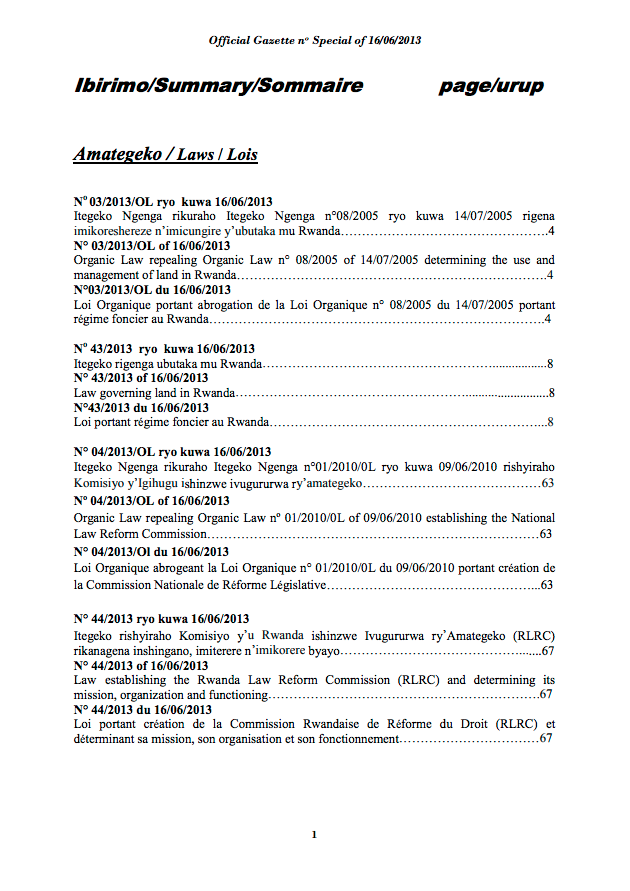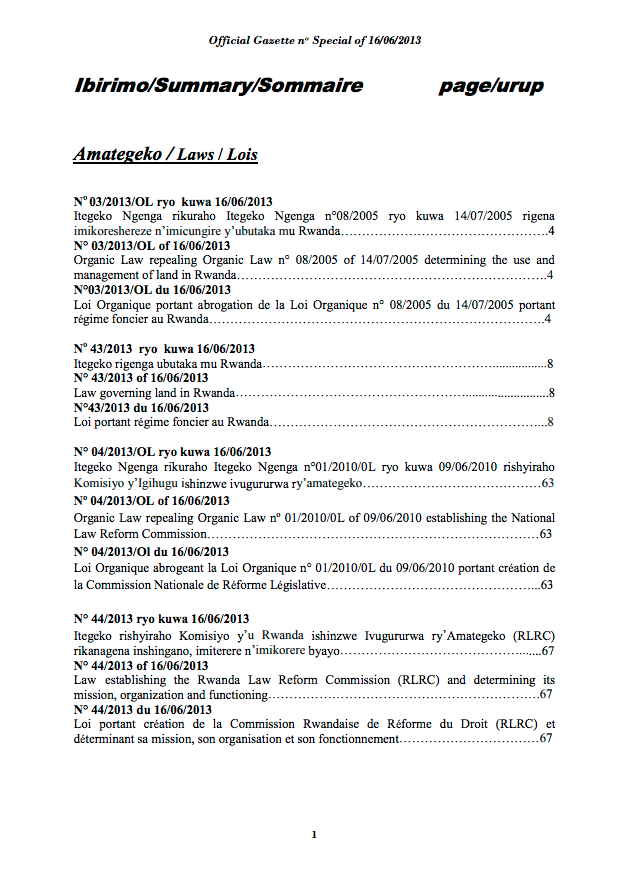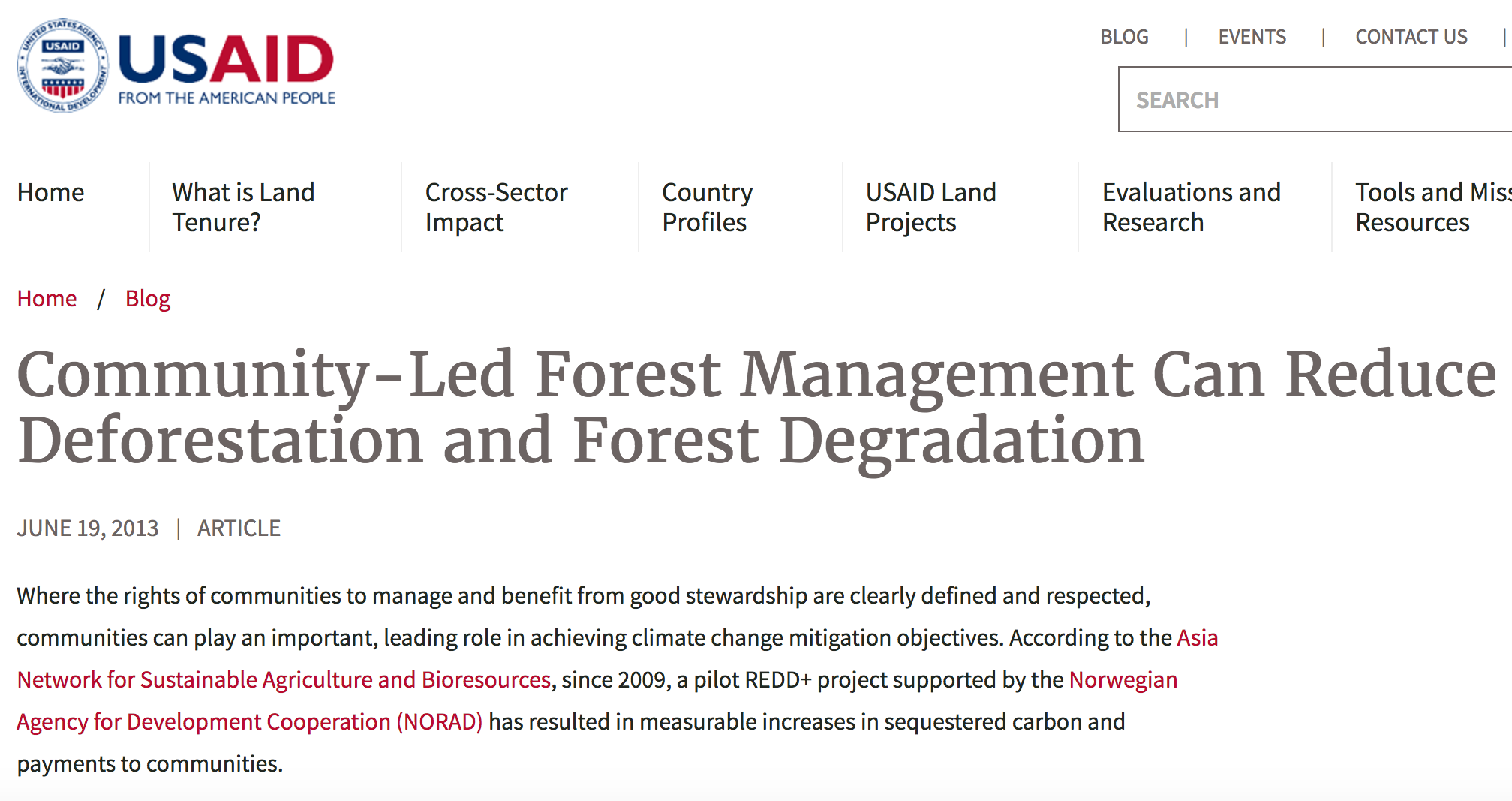Dealing with Large-Scale Land Acquisitions: Lessons for Burma
Recent stories from Burma and Ethiopia illustrate the contentious issues surrounding the large-scale acquisition of land for agricultural production. In Ethiopia, the government may be re-assessing its policy of granting large tracts of land to investors, reducing the size of initial allocations and increasing the scrutiny of investors' capacity to achieve their proposed plans and fulfill contractual obligations.






